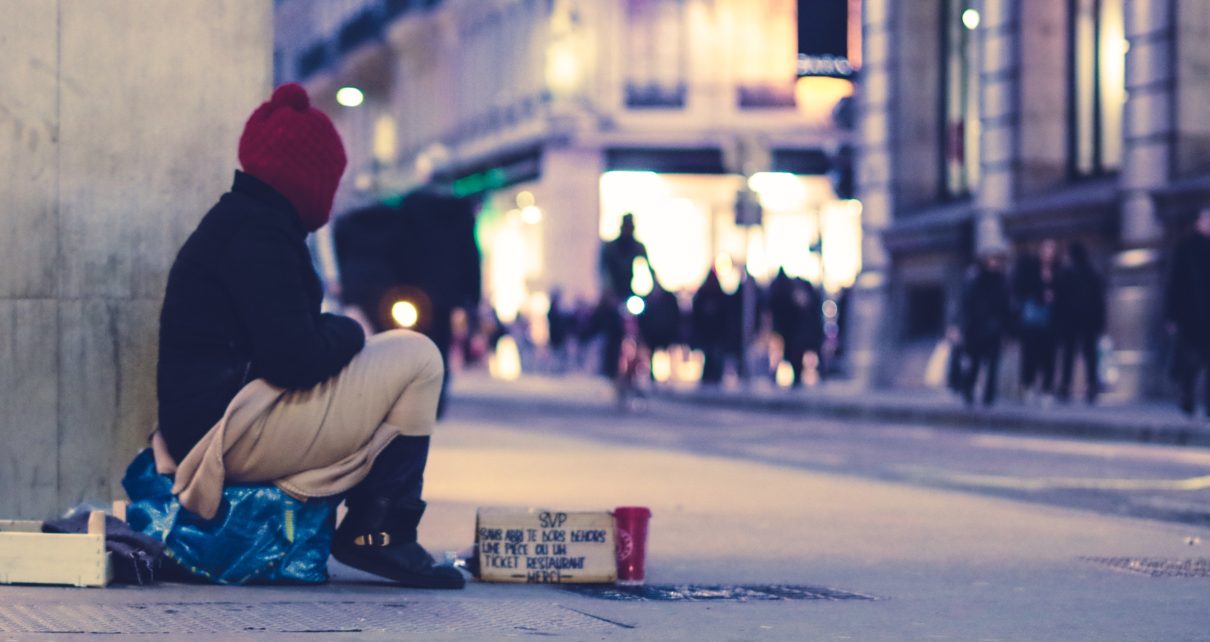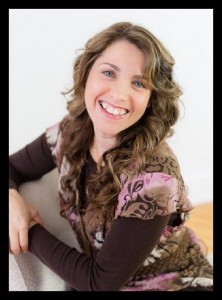
What is the value of a neglected street kid? What do you think when you see a homeless teen? Do you turn away in disgust or offer help? Thank God for true pro-lifers. They recognize people are all valuable, no matter what their current developmental, socioeconomic, or environmental status is at the time, but they do need to be properly equipped to identify people who are being trafficked and how to effectively respond to human trafficking.
As a prostituted person, shame and guilt marred my identity to the point that I felt unworthy of life. I had attempted suicide on a few occasions and I often just stuck out my thumb on the highway with no destination in mind.
I was born as a result of sexual violence and even though I didn’t fully understand, I knew I had a bad beginning. As a young child, I was sent to visits where my mother’s abuser had access to me and he abused me also. I wanted to be pure, but I knew I could never be. So, I drifted into the hands of a trafficker by the time I reached 13 years of age.
By my 18th birthday, I’d been raped and beaten, kidnapped and dumped on the side of the road, half-starved, full of lice, drugged, diseased, and dirty from living on the streets more times than I care to remember. I would often go days without food, weeks without sleeping on a bed or even a couch, and months without knowing if anyone on earth cared if I was dead or alive.
The last trafficker had set up an apartment for me to live in. It was rented in the name of a candidate for Sheriff, and I believed that I had no alternatives. That trafficker knew lots of mafia and street criminals and he knew police and city officials. As far as I could tell at the time, I was trapped.
We didn’t have the word “trafficking” back then. It wasn’t identified as such. Since then, the Federal Trafficking Victims Protection Act of 2000 was passed, and people have slowly gotten the word out about what trafficking is and the trauma involved. Trafficking isn’t about transportation — it’s about exploitation. Whether it is the exploitation of labor — as in slavery, or sexual exploitation, it is a terrible injustice.
Sex trafficking is a severe form of trafficking. The core violation of child sexual abuse is especially difficult to overcome. The impact on my brain showed up in all kinds of behaviors: from violent screaming fits to actually throwing punches at strangers who might have said something I didn’t like. I was lonely and disconnected, and unable to build relationships.
My trafficker had told me, when he set me up in the apartment that if I got pregnant that I would have to have an abortion. Wanting to get off the streets, I agreed, but only because I didn’t think I would get pregnant. I had been nearly five years of being passed around, used day and night, but hadn’t conceived. However, right around my 18th birthday, I found out that I was pregnant.
He forced me to make an appointment for an abortion, threatening my life if I didn’t. Somehow, (although I can’t imagine how through the intense sobbing,) I fell asleep that night, and I had a dream of the abortion procedure from the perspective of the womb. I saw half a face, stubby fingers, and, a ribcage. I had left school after hardly attending the sixth or seventh grade. I had no education of what one would see in an abortion or from the womb. It was truly a supernatural dream.
I woke trembling, jumped out of bed, my hands in the air and barely able to catch a breath, and I called out, “God, if you’re real, I need you to show up because, I’m going to die. I’m not doing that!” At that moment, I remembered a social worker who had tracked me down when I was a runaway. “Anthy. I’ll call Anthy,” I said to myself.
When I called the Department of Child and Family Services, they said she didn’t work there anymore, but the woman on the other end of the phone must have heard the desperation in my voice, because she said she would see if she could find her and have her call me. It wasn’t very long before we were meeting to devise a plan. She would find a safe place for me and I would pretend to have an abortion.
I couldn’t just leave. He would find me. He had connections all over the state and beyond. I knew, without a doubt, that he would kill me or have me killed. He told me he would, but also, the trafficker who sold me to him had been very violent to me on numerous occasions, and I thought, he would surely be the one to kill me. He was using heavy drugs and he had no hope of a future. He was like me in that way — existing. Using drugs to numb the pain and drifting from one thing to the next was a common theme in the subculture we were in.
The reason I had to pretend to have the abortion was that he had told me about what he did with other girls who became pregnant. Talking about other girls who he had forced to have abortions was one of the ways he controlled me. He went into details about their relationship, the abortion and the aftermath. In each case, after the abortion, they were less compliant, less available, and moody, so he said he had to let them go — he cut them off. He made it sound so scary to be all alone with nothing and no one. As bad as it was, being on the streets was worse.
The night after I was to have had the abortion, we drove to Boston for dinner. Knowing that my life depended on it, I was able to play a convincing role that I was suffering from having just aborted.
He did let me go, but as it turns out, I wasn’t on the streets and alone. I had Anthy and a pro-life woman who opened her home to girls like me. Before then, I honestly didn’t know that there were genuinely good people in the world. This woman, Marilyn Birnie, would go on to officially open a maternity home, Friends of the Unborn, in Quincy, MA.
Prior to that, everyone seemed to have an angle, a demand for something, or a duty to take care of me as a kid. Teachers were only there because it was their job. A doctor or social worker only cared because they needed a paycheck. I had no idea that people chose those kinds of jobs because it was a way to serve humanity out of the goodness of their hearts.
There are really good people in this world. Nobody is perfect, but some people really do care about others and show it in their professions, how they spend their money, and the things they choose to do.
I know there are other girls like me still wandering the desolate world of human trafficking. So, I’ve incorporated my expertise as a nurse since 1987 and as pro-life and anti-trafficking speaker for years to created a course for pregnancy resource centers to help them respond to human trafficking. Within the ant-trafficking movement, many people advocate for abortion for victims of trafficking, further compounding their pain. In my experience speaking for pregnancy resource centers I have had staff and volunteers tell me they want training in this area.
In this way I can give back to the pro-life community that helped me when I was lost and alone. I spent a year creating nearly five hours of video content, in 12 easy to digest modules and I called the website Rahab’s Gift because she was a “harlot” who, by faith found her way out of that life style. She is listed in the lineage of Christ and in the Hall of Faith. She is a role model who shows that any life can be transformed.
I think many of us have come from hard times and see the need to reach out to those still in those places of hardship. At least, if a modern day “Rahab” wanders into a pregnancy resource center for help, the staff and volunteers will be ready to change the trajectory of her life, like that one pro-lifer did for me.
 BIO: Darlene Pawlik is an author and speaker, creator of RahabsGift.com, The Darling Princess and VP of Save The 1, a global pro-life ministry of people who are sometimes called “exceptions” in pro-life discourse. She and herhusband of over 28 years live in New Hampshire. Their five children are now grown, so Darlene and her husband spend their free time reaching out to others in a variety of ways.
BIO: Darlene Pawlik is an author and speaker, creator of RahabsGift.com, The Darling Princess and VP of Save The 1, a global pro-life ministry of people who are sometimes called “exceptions” in pro-life discourse. She and herhusband of over 28 years live in New Hampshire. Their five children are now grown, so Darlene and her husband spend their free time reaching out to others in a variety of ways.

